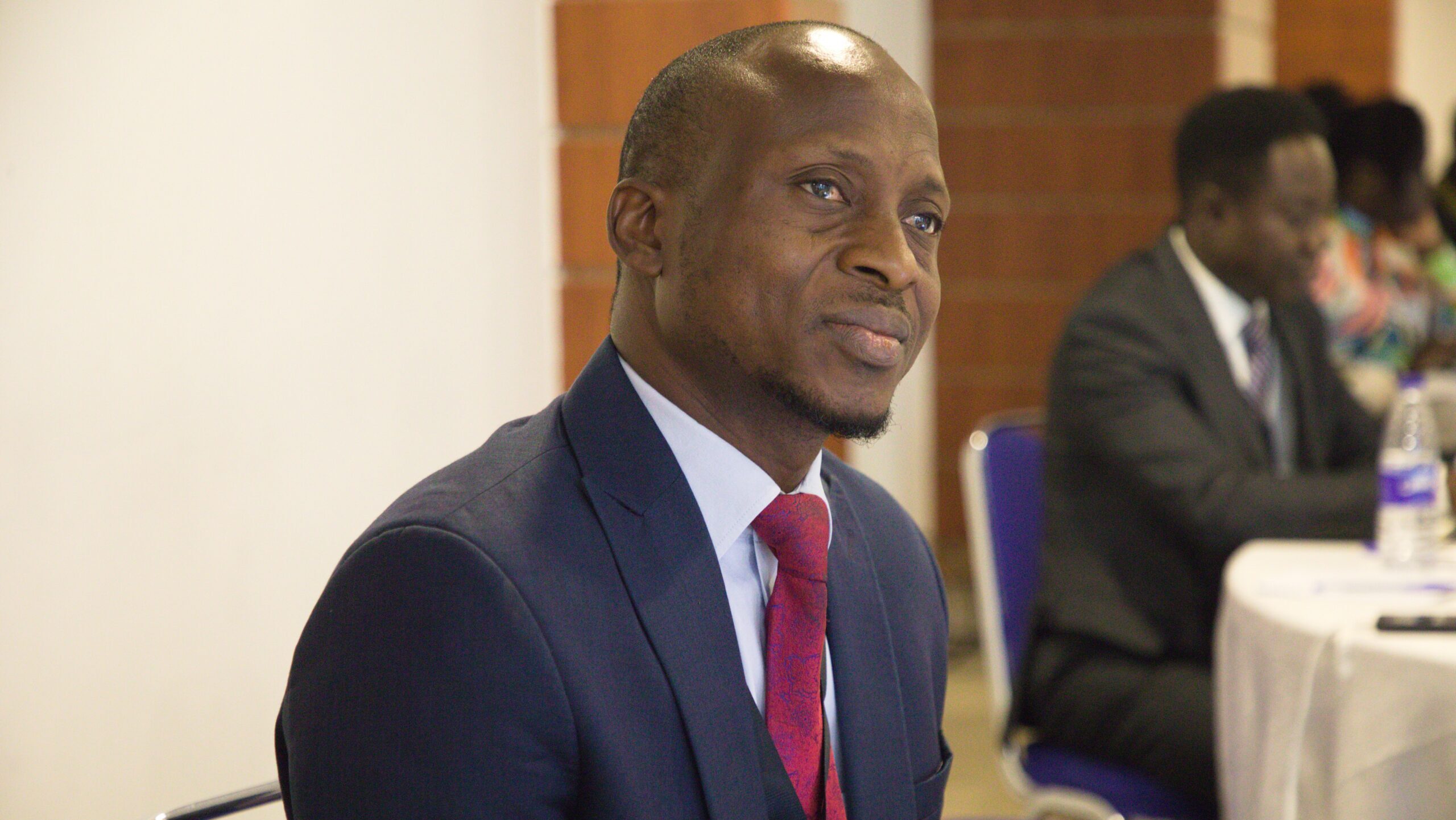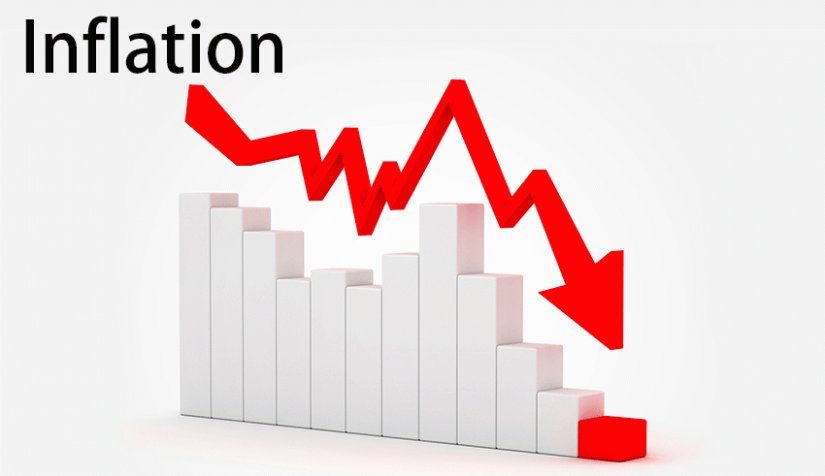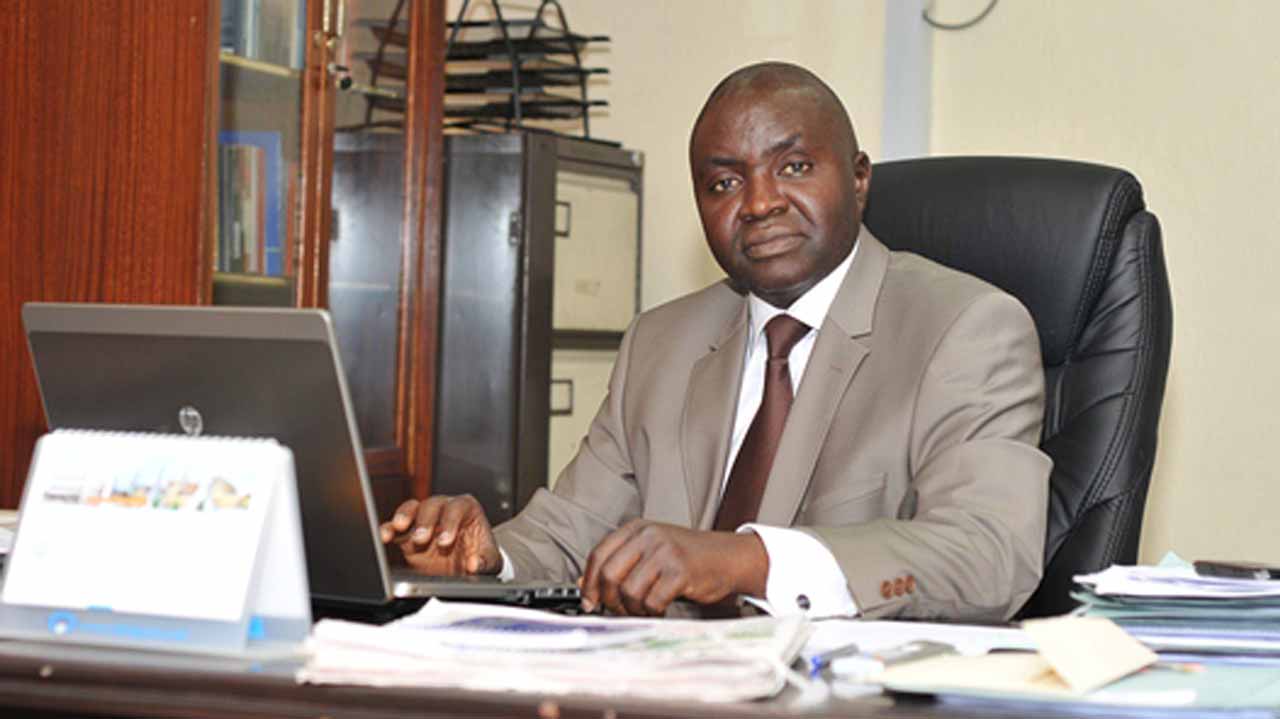
* Obasanjo’s wife urges govt to create, enforce inclusive policies
* Obi says Nigeria should turn Trump’s ‘disgraced country’ slur to advantage
Ndubuisi Francis in Abuja
Stakeholders have urged Nigeria and other African countries to appropriately harness and channel their enormous human and natural endowments in order to break the debilitating poverty cycle that has held the country and continent down for too long.
The call was made weekend by various speakers, including the wife of former President Olusegun Obasanjo, Mrs. Bola Obasanjo; renowned Kenyan scholar, Prof. P..L.O Lumumba; former presidential candidate of Labour Party, Mr. Peter Obi; and Global Board Chairman, Africa International Chamber of Commerce and Industry (AICCI), Dr. Wallace Williams, among other leaders from Nigeria and Ghana.
They converged on Abuja for the second
The Paul Alaje (TPA) Colloquium, titled, ‘Breaking the Cycle: How Nigeria Can Lead Africa From Poverty to Prosperity.’
Lumumba, who joined the colloquium virtually, noted that Africa’s greatness was tied to Nigeria’s, and urged the country to rise to the challenge.
He said: “At different fora within and outside Nigeria, I have said ad nauseum, that the day Nigeria wakes up, that’s the day Africa will stand up. Out of every five Africans, one is a Nigerian. Nigeria has a population of approximately 250 million people.
“If you travel to any part of the world–whether you are in the United States of America, Canada, Brazil in Australia, in Europe, and in different parts of Africa, Nigeria has doctors, engineers, scientists, teachers, traders and other professionals. They are involved in every area,” he said.
But he argued that what Nigeria needed was to efficiently galvanise its huge human asset and natural resource endowments to leapfrog from poverty to prosperity, which ultimately will rub off positively on the entire African continent.
He lamented that leadership failure had affected Nigera in the march towards greatness.
Also speaking, Mrs. Obasanjo, a gender advocate, argued that if Nigeria must lead Africa from poverty to prosperity, authorities must look beyond the nation’s natural resources and harness its human resource, particularly women.
She regretted that although women constitute up to half of Nigeria’s population, and are major drivers of the informal economy, they remain under-represented in leadership, underpaid for their labour, and undervalued in decision-making.
She said: “In Nigeria, empowering women is not simply a matter of fairness; it is a strategic necessity. A bird cannot fly with one wing, and any development that leaves women behind is not development at all. If Nigeria must break the cycle of poverty and lead Africa towards prosperity, women must be at the heart of that transformation.
“Yet, beyond representation, empowerment must reach the grassroots. Rural women who grow our food, trade in our markets, and raise our children remain among the poorest and least supported. Without addressing their needs in agriculture, healthcare and education, our national prosperity will remain incomplete.”
She stressed that woman inclusiveness must be at the heart of every policy that is formulated by the government.
“The future of Nigeria depends on what we choose to do today: the policies we craft, the values we uphold, and the opportunities we create for every citizen, especially our women and young people,” she stated.
The convener of the colloquium, Dr. Paul Alaje, said Nigeria’s and Africa’s problem was not lack, urging the continent to confront its systemic challenges that prevent its vast potential from being translated into prosperity.
He explained that poverty is not just a lack of income but a breakdown in capacity, opportunity and agency.
He said: “Africa is rich in natural resources, vast in land, brimming with youth — yet the reality remains stark. Our poverty is not simply a failure of resources. It is a failure of systems.
“It is a failure of conversion — converting potential into productivity, converting ambition into action. Our greatest enemy is not lack. It is under-utilisation.
“Potential is not prosperity. Resources are not results. Dreams are not development unless anchored in disciplined institutions and bold action.”
Providing further insight, he noted that the stark realities confronting the continent is that nearly 429 million Africans live in extreme poverty, with over 50 per cent of sub-Saharan Africa’s population facing multidimensional poverty—lacking not only income but also access to health, education, and basic living standards.
Labour Party chieftain, Peter Obi, who joined the event from Spain virtually, said what Nigeria needed was to move away from the culture of consumption to production in order to transit from poverty to prosperity.
He regretted that with its vast arable land, Nigeria has no business not to feed its citizens and export to other countries, citing small countries like Netherlands, among others.
Obi traced Nigeria’s problem to leadership failure, exacerbated by lack of accountability.
On the recent reference to Nigeria as a ‘disgraced country’ by Donald Trump of the United States of America, Obi said it was a call to turn the negative remark to strength.
To break away from poverty, Obi called for huge investment in human capital, describing the world as that of knowledge economy.





